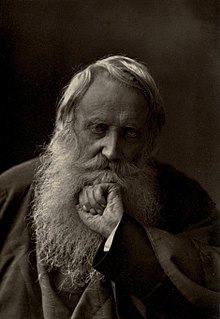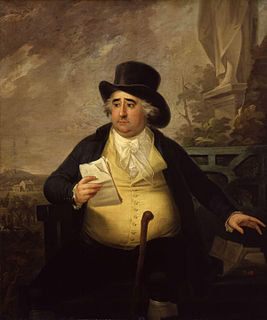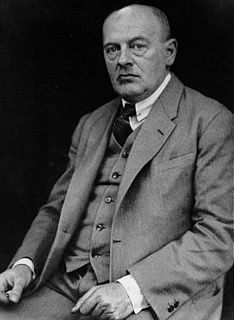A Quote by Jeremy Taylor
Conscience in most men, is but the anticipation of the opinions of others.
Quote Topics
Related Quotes
The hell of human suffering, evil and oppression is paved with good intentions. The men who have most injured and oppressed humanity, who have most deeply sinned against it, were according to their standards and their conscience good men; what was bad in them, what wrought moral evil and cruelty, treason to truth and progress, was not at all in their intentions, in their purpose, in their personal character, but in their opinions.
But what of the voice and judgment of conscience? The difficulty is that we have a conscience behind our conscience, an intellectual one behind the moral. ... We can see quite well that our opinions of what is noble and good, our moral valuations, are powerful levers where action is concerned; but we must begin by refining these opinions and independently creating for ourselves new tables of values.
True law, the code of justice, the essence of our sensations of right and wrong, is the conscience of society. It has taken thousands of years to develop, and it is the greatest, the most distinguishing quality which has developed with mankind ... If we can touch God at all, where do we touch him save in the conscience? And what is the conscience of any man save his little fragment of the conscience of all men in all time?
No human government has a right to enquire into private opinions, to presume that it knows them, or to act on that presumption. Men are the best judges of the consequences of their own opinions, and how far they are likely to influence their actions; and it is most unnatural and tyrannical to say, "as you think, so must you act. I will collect the evidence of your future conduct from what I know to be your opinions."
Stricken by a guilty conscience, some men will say that I speak with excessive temerity about all men in general. They are greatly mistaken. If they behave justly, they will be protected from my attacks and those of others. I separate the just from the wicked (who are the subject of my discourse), since not all men are bad and not all women are good.
Whenever convictions are not arrived at by direct contact with the world and the objects themselves, but indirectly through a critique of the opinions of others, the processes of thinking are impregnated with ressentiment. The establishment of "criteria" for testing the correctness of opinions then becomes the most important task. Genuine and fruitful criticism judges all opinions with reference to the object itself. Ressentiment criticism, on the contrary, accepts no "object" that has not stood the test of criticism






































